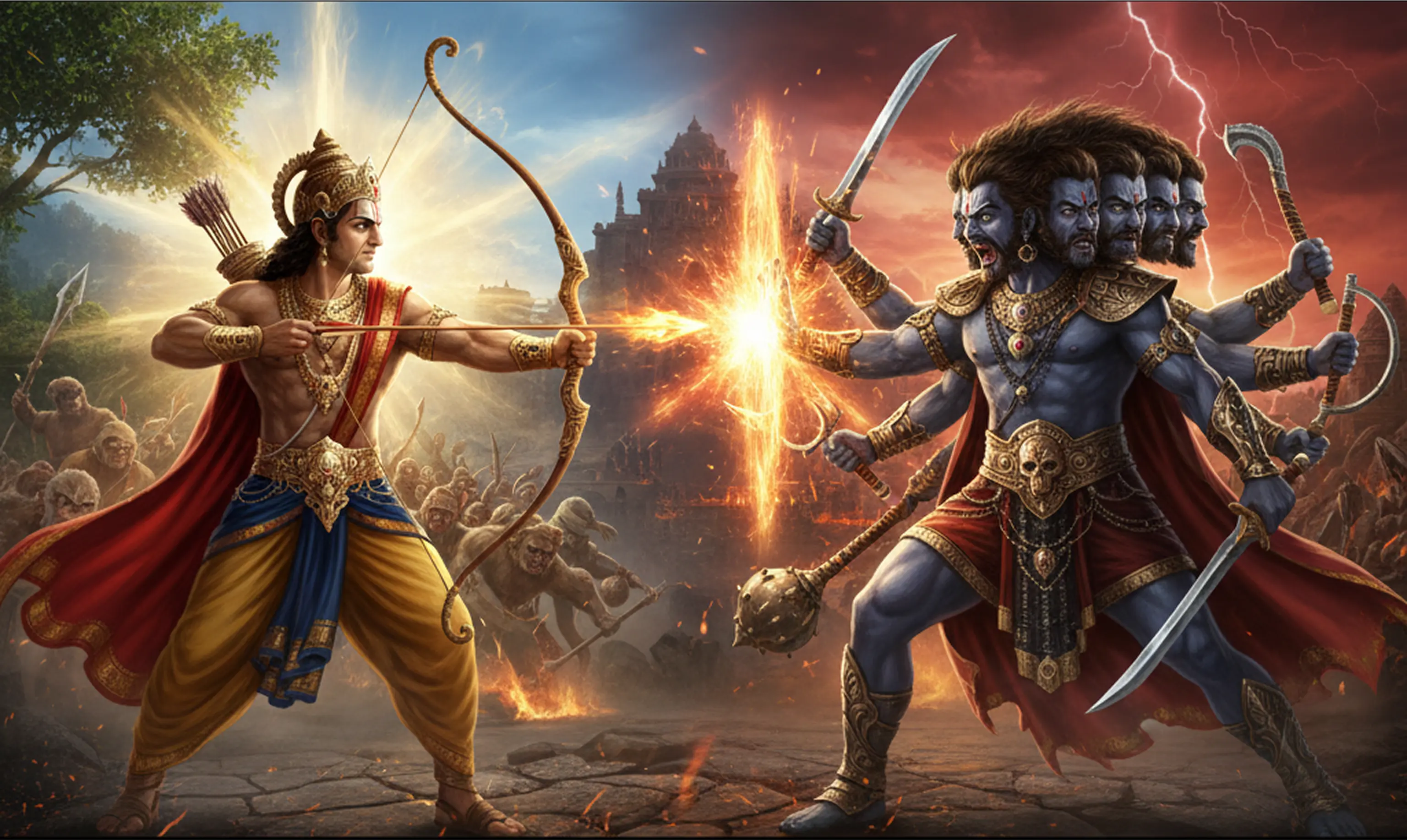In Sanskrit, two words capture the subtle yet powerful difference between mere knowledge and applied wisdom: Vidvaan and Vidyaavan.
Vidvaan refers to a learned person, a scholar, or an expert in a particular field. It highlights intellectual knowledge and academic expertise, focusing on accumulation and understanding of knowledge, which may or may not necessarily apply in practice.
Vidyaavan refers to someone who possesses both knowledge and wisdom. It highlights the practical application and uses of knowledge in one's life and actions. It is often associated with ethical and moral conduct guided by knowledge.
Thus, knowing facts, rules, or processes (knowledge) is not enough — applying them with foresight and discernment (wisdom) is equally important.Let’s try to do deep dive with:
This difference becomes clearer when we look at our daily lives:
Vidvaan (Knowledge): By reading textbooks or searching online, we may learn about medicines for cough, cold, or diabetes.
Vidyaavan: (Knowledge + Wisdom): A doctor not only knows the medicines but also considers the patient’s lifestyle and habits before suggesting treatment.
Similarly, in the world of finance:
Vidvaan (Knowledge): As investors, we may know all the ratios (P/E, P/B, leverage ratio) and product features.
Vidyaavan: (Knowledge + Wisdom): A Wealth Manager, however, combines market and product knowledge with an understanding of investor behavior across market cycles.
AI-based platforms can suggest funds based on algorithms and historical data, but they cannot rope-in empathy or behavioural guidance during phases of greed and fear.
A leaf from Ramayan
Various interpretations of the Ramayan, suggests a perspective on who among Ram and Ravan could be considered a "Vidvaan" or "Vidyaavan"
- Ravana is often portrayed as a great scholar (Vidvaan), known for his knowledge of the Vedas and Shastras. He is considered to be a skilled musician, possess knowledge of Ayurveda, sciences and arts. His ten heads symbolize his vast knowledge.
- However, despite Ravana's immense and impressive knowledge, Ram is often considered to represent the proper application of knowledge and wisdom (Vidyaavan). He is considered to have true knowledge, humility, resilience, empathy, and righteousness. These qualities are seen as essential for utilizing knowledge in a way that benefits self and society at large.
Ravana’s brilliance as a scholar could not save him because knowledge without wisdom often leads to arrogance and destruction. Ram, on the other hand, showed that true greatness lies not in how much we know, but in how we use what we know with humility, balance, and righteousness.
That is the essence of Vidyaavan: knowledge guided by wisdom becomes a force for good. This Dussehra, let us remind ourselves, being a Vidvaan may earn respect, but being a Vidyaavan creates lasting impact.
Happy Dussehra to all.
.png)











.svg)
.webp)
.svg)
.svg)
.svg)
.svg)